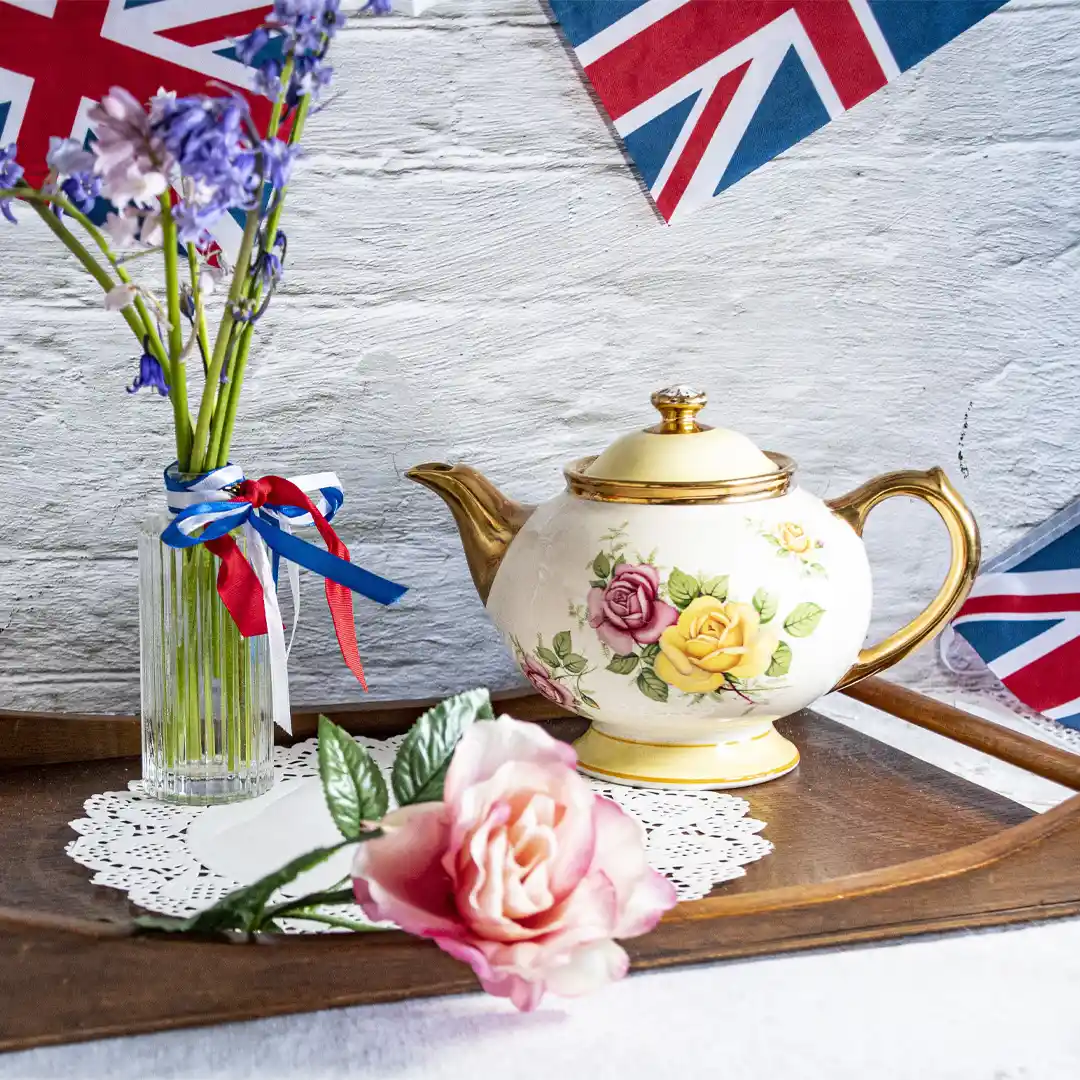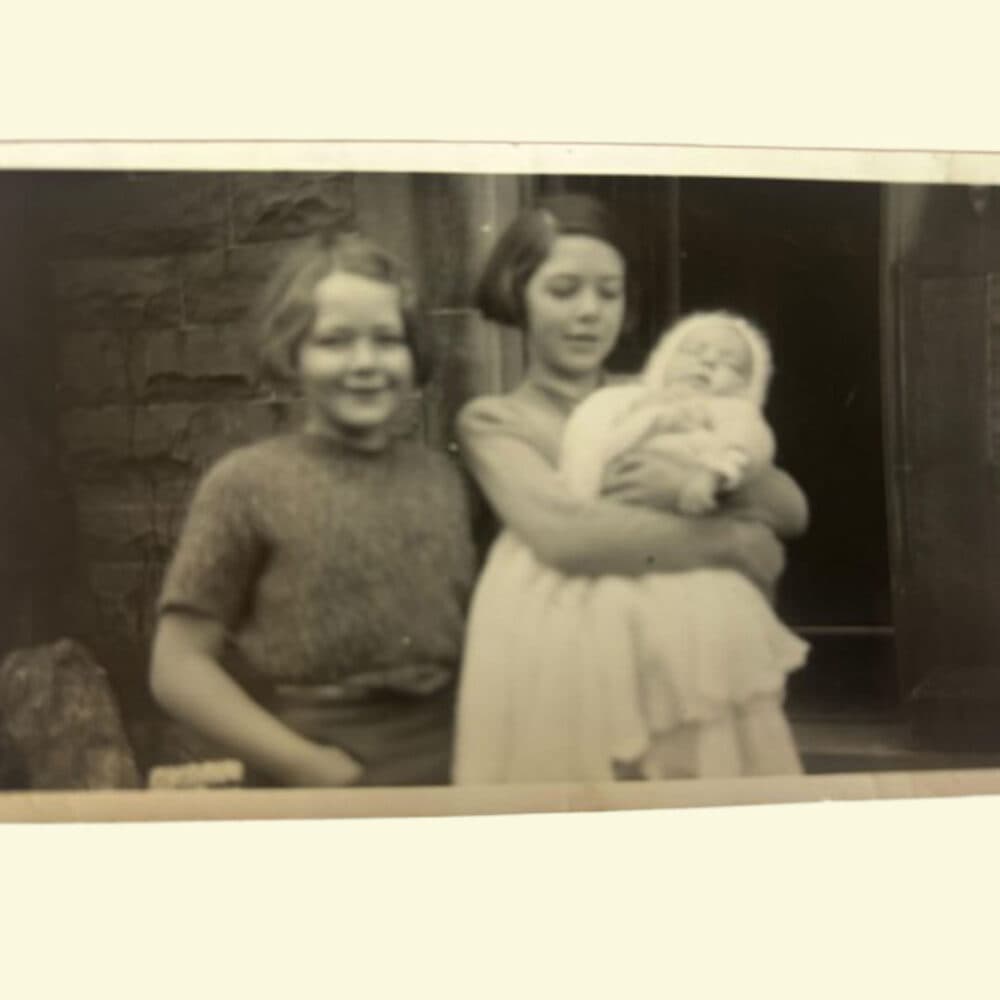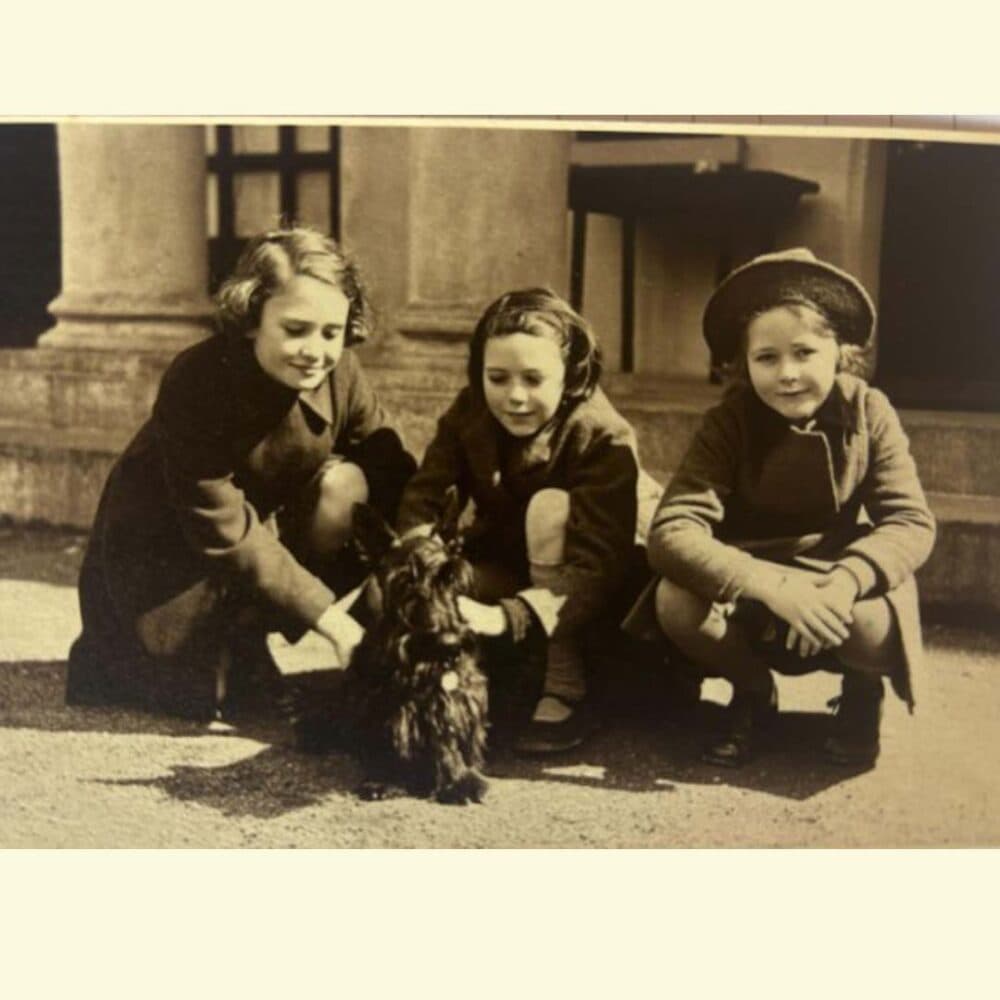Sharing VE Day Stories with Our Clients

The Importance of Sharing Our Stories
When we share our stories, we foster connections to those around us, often finding common ground. It strengthens our relationships and creates bonds. The connection we feel deepens our understanding and respect for each other, helping us to be more empathetic and compassionate. This is why, at Home Instead, we encourage our clients to share their stories and wisdom to help build more resilient relationships as we walk the care journey together.
And VE Day was an excellent opportunity for our care professionals to find that deeper connection with their clients.
Sharing stories and ‘remembering’ offers an excellent opportunity for cognitive activity. Reminiscing activates several regions of the brain, stimulating emotional reactions, recognition, and memory retrieval. Spending that time together also forges new memories and cognitive bonds. This is particularly important when an elderly client is suffering from cognitive decline or dementia. If we can allow them to relive happy memories through storytelling, we engage them socially. And if we can engage them socially, even if they have limited language skills, we can renew their sense of self and community. Both are equally important for mental and emotional well-being.
So we’d like you to meet Alison, who chose to share part of her story on the 80th anniversary of VE Day.
Alison Shares Her Story on the 80th Anniversary of VE Day
At just eight years old, Alison’s life was shaped by the chaos and courage of wartime Britain. Living near Manchester, her early childhood was marked by sudden change, separation, and the resilience shared by so many families during World War II.
In May 1940, Alison was evacuated to Devon to attend boarding school after her London school closed due to the bombings. While her new surroundings were far from home, her parents remained in the North, continuing their lives amid the uncertainty of war.
One journey home, in particular, has stayed with Alison throughout her life. She was travelling by train from Devon to Manchester to visit her parents when the train stopped at Crewe. An air raid warning sounded, forcing passengers to rush into nearby shelters. In the confusion, Alison was told she could not take her beloved cello, her travel companion and source of comfort. She waited out the raid in fear and uncertainty. But when the all-clear was given, she returned to the platform and was relieved to find her cello still waiting safely on the train. She continued her journey back home, reunited with both her instrument and her family.

Alison’s father was a key figure in their community during the war. At thirty-nine, he ran a cotton business in Lancashire, which pivoted to supply denim and uniforms to the armed forces. He also served as a Special Constable, responding to air raid warnings and helping ensure people found shelter quickly and safely. Having already lived through the First World War, conscripted at seventeen, he already knew the cost of conflict and did all he could to protect those around him.
Alison recalls the heavy bombings that hit the North and devastated cities like Birmingham. Yet, even in those dark times, she remembers the strength of her family and the community spirit that helped them all carry on.
Today, Alison’s story reminds us of the quiet bravery of everyday people who lived through the war. From the children who travelled alone, the parents who stayed strong, to the families who never gave up hope.
Thank you, Alison, for sharing your story. We really enjoyed our chat over a nice cup of tea.

If you’d like to learn more about what we do at Home Instead Watford, please follow us on Facebook.